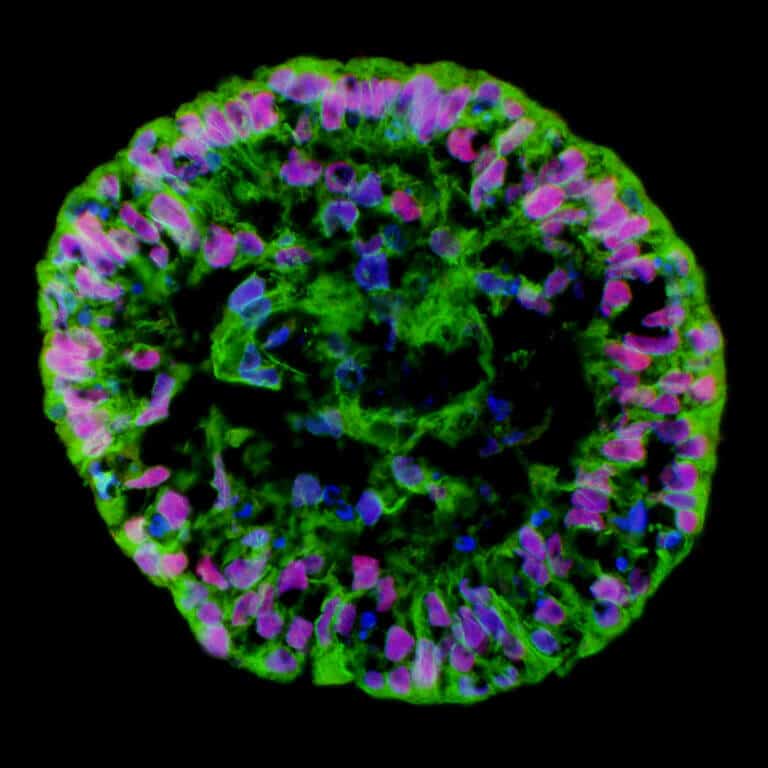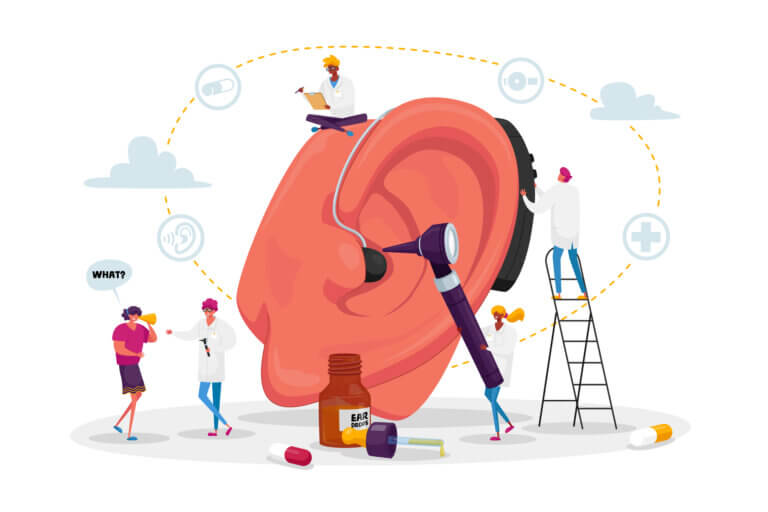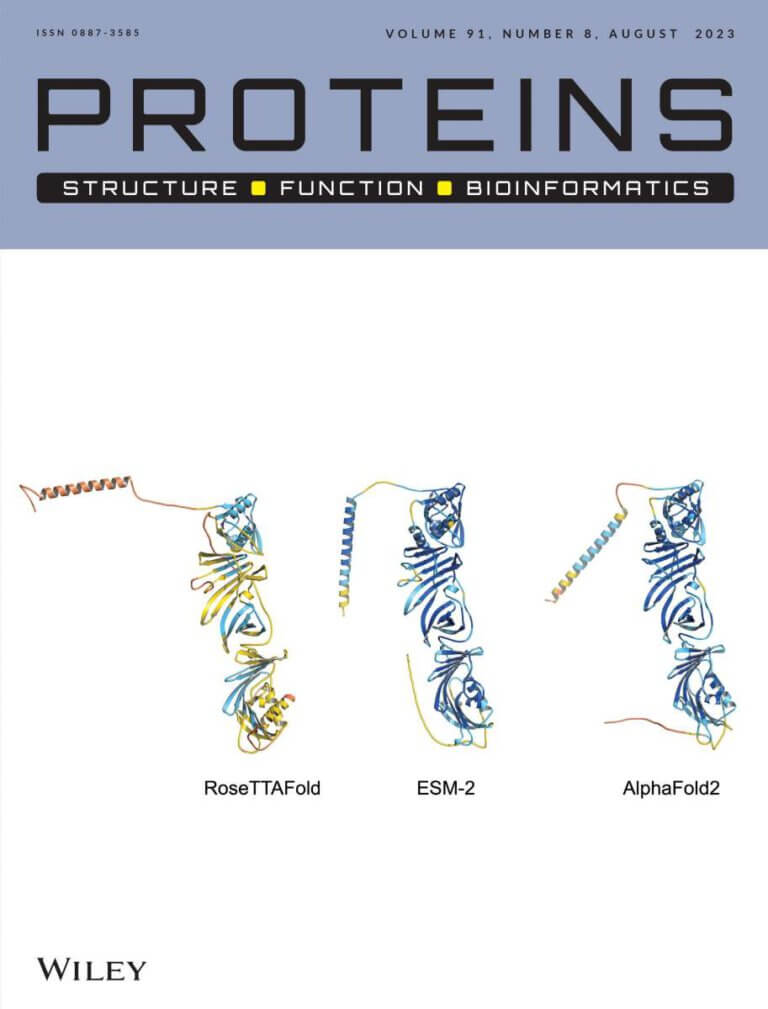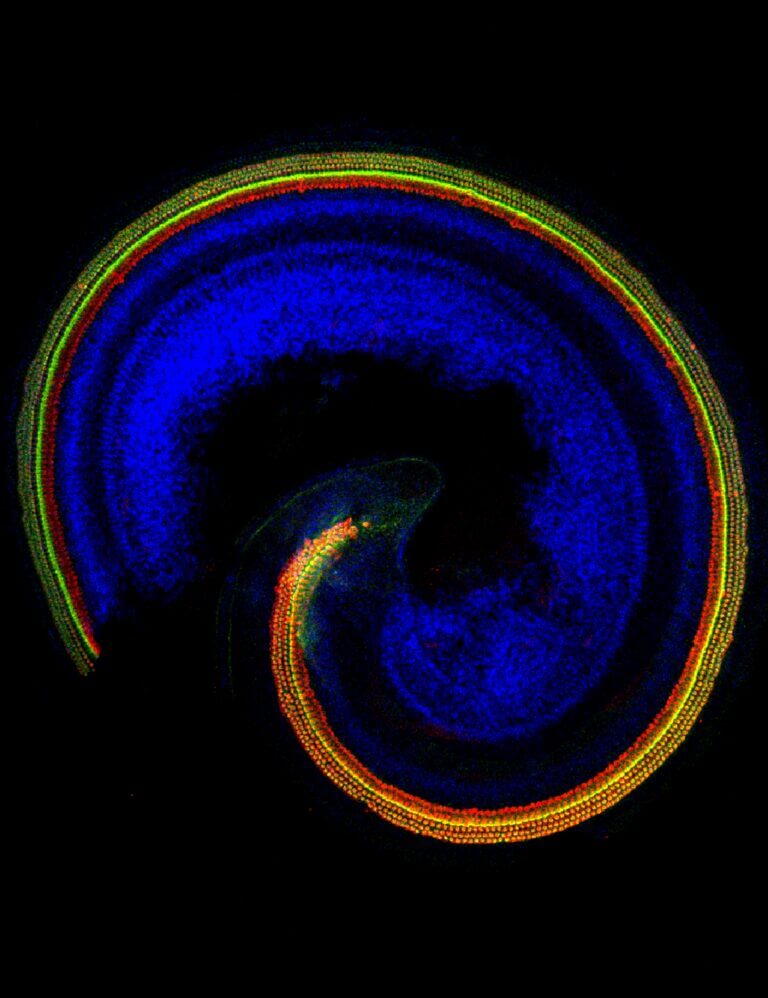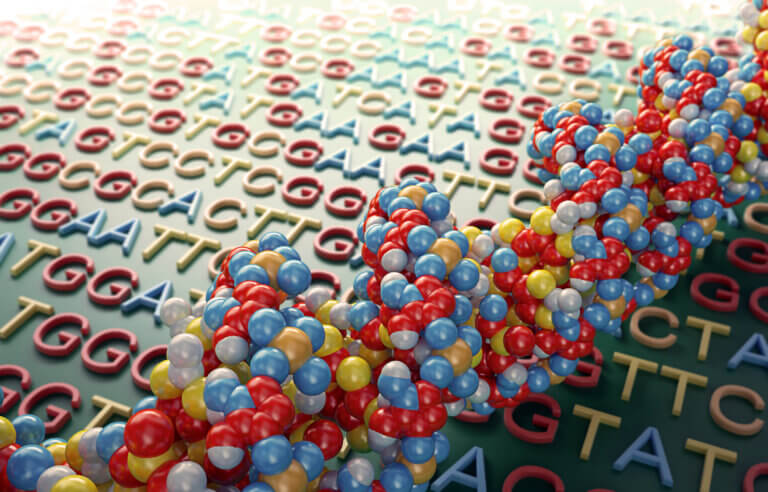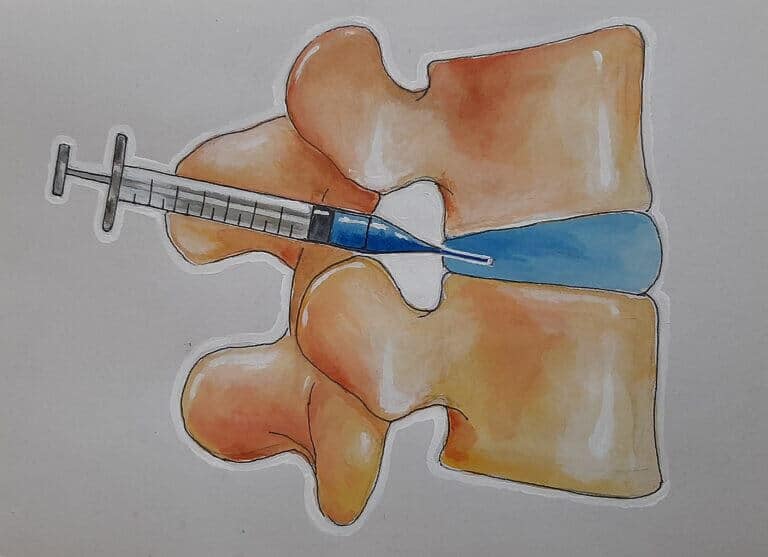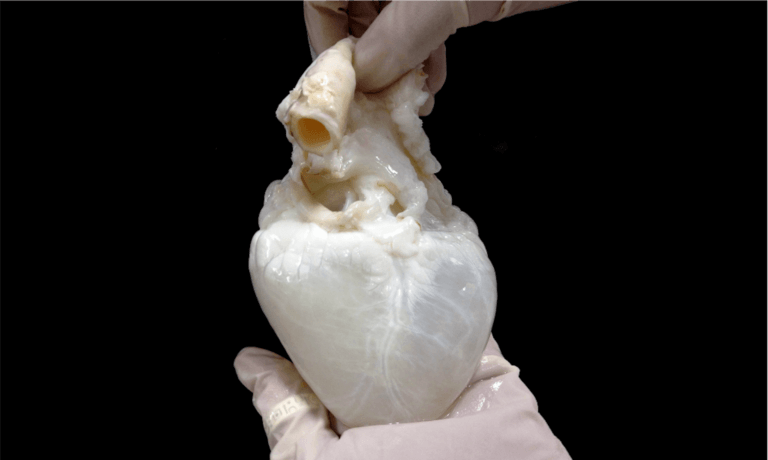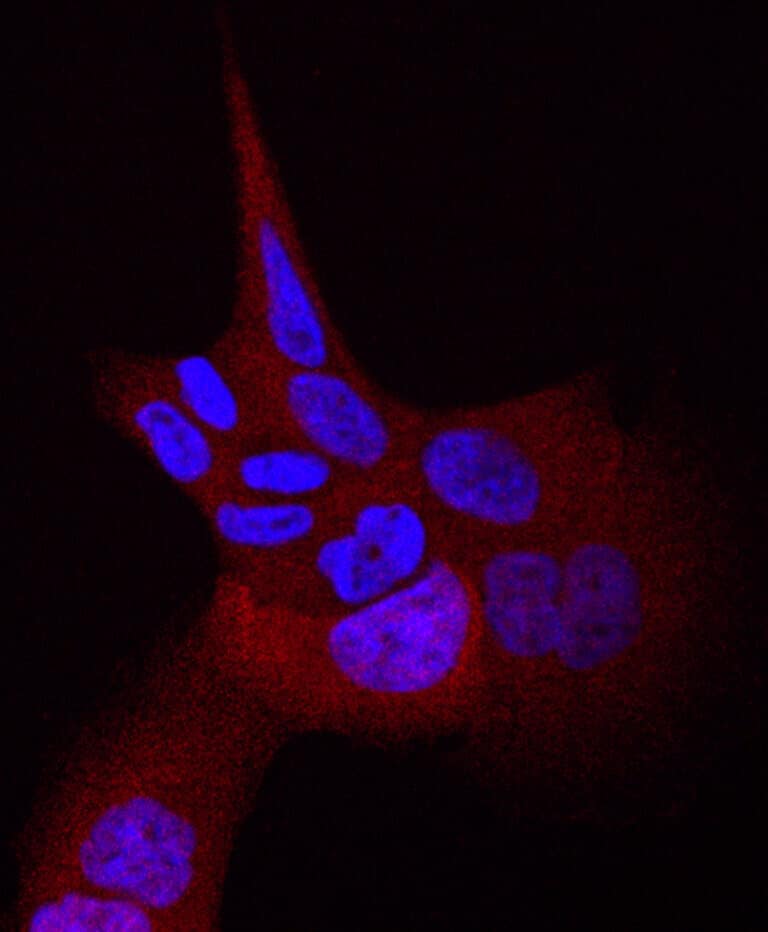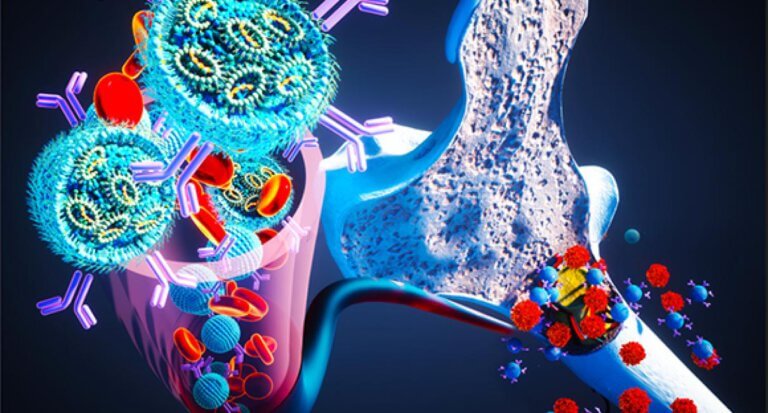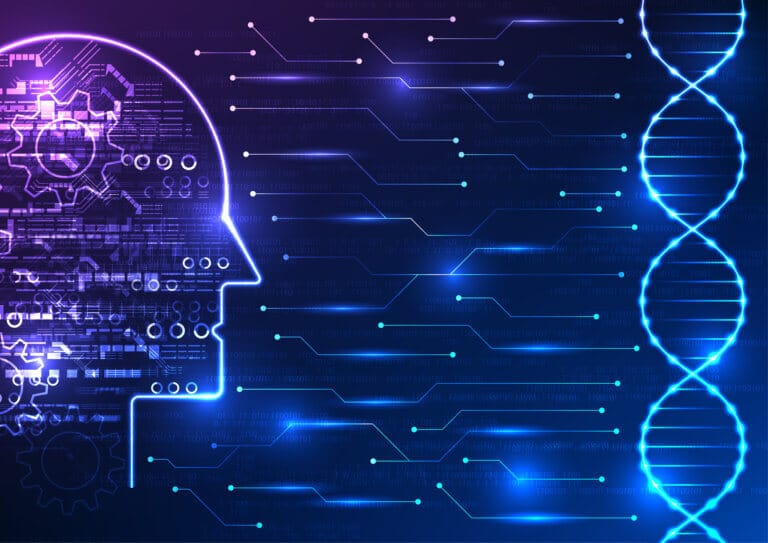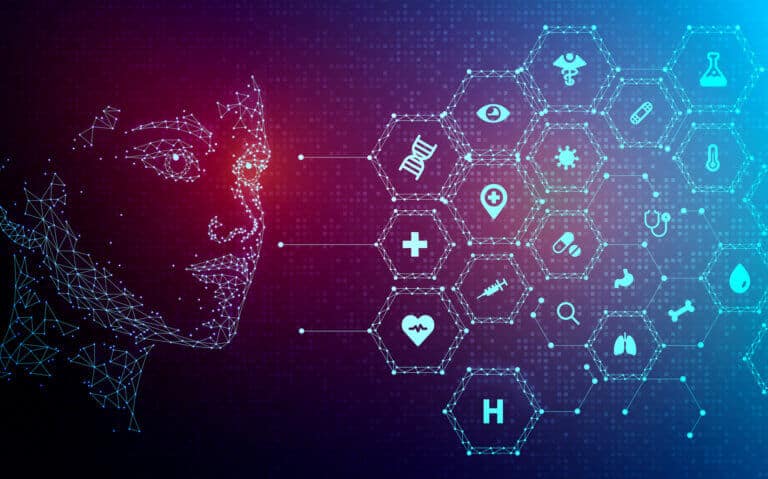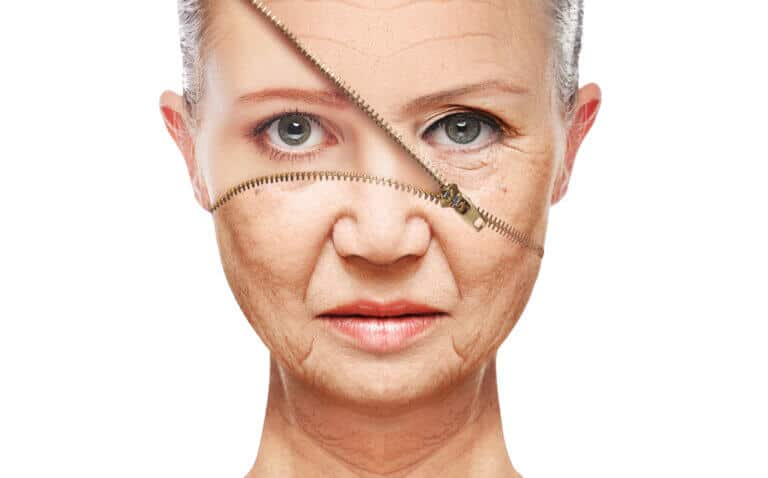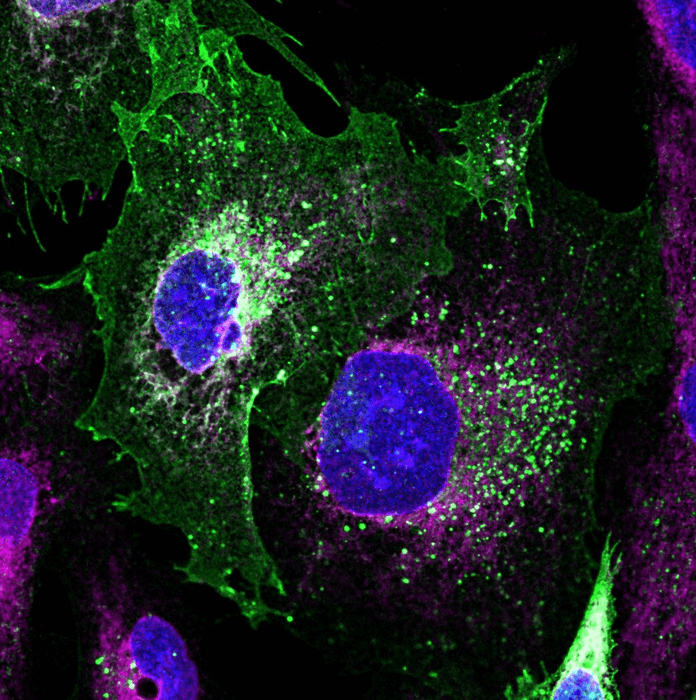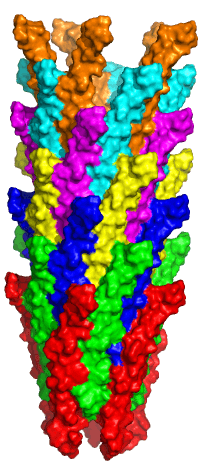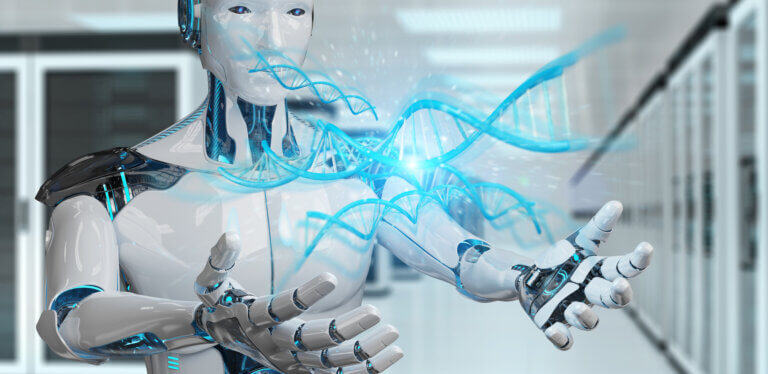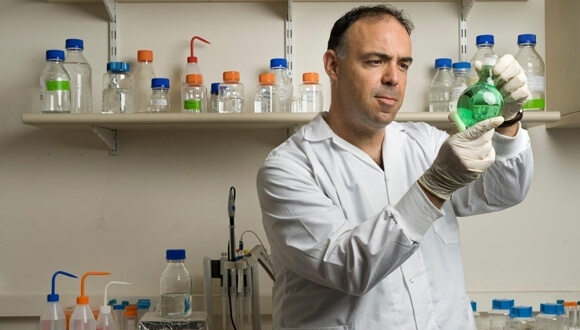Hayadan > Biology and Medicine > medicine > Gene therapy - personalized medicine
Gene therapy - personalized medicine
- The Voice of Science website - the Israel National Science Foundation
- March 14, 2024
Researchers discovered which genes are required for each stage of cell differentiation into neural stem cells and neurons, i.e. for brain development, and which of them are involved in diseases of the nervous system
- Dr.Roey Tsezana
- March 4, 2024
two drops. That's all it took to cure Aisam Dam from homeland destruction, forever. Two drops that were instilled in his ear and gave the 11-year-old boy the ability to hear - for the first time in his life - human voices
- Bar-Ilan University
- March 2, 2024
A new site that serves as the first knowledge base of its kind in Hebrew in the field of rare genetic diseases in Israel - was launched on the occasion of the International Day for Rare Diseases, which is noted on a date that returns only once every four years - February 29. The Internet project is a joint initiative of Bar-Ilan University and the Weizmann Institute of Science.
- Weizmann Institute
- February 21, 2024
Collaboration between Israeli researchers, Chinese students and artificial intelligence reveals new wrinkles between the folds of orphan proteins and updates chapters in the theory of evolution
- Bar-Ilan University
- January 20, 2024
Prof. Rachela Popobzer from the Faculty of Engineering and the Institute for Nanotechnology and Advanced Materials at Bar Ilan University won a grant of 150 euros, for research aimed at making drug treatment more efficient and targeted
- Dr.Roey Tsezana
- December 9, 2023
A new competition to stop aging with prizes of 101 million dollars
- Weizmann Institute
- December 8, 2023
The development of the disease in celiac patients is probably related to sensitivity to the protein common in industrialized dairy products. The findings pave the way for early detection of the disease and its prevention
- The Voice of Science website - the Israel National Science Foundation
- November 21, 2023
Researchers examined DNA samples of 1,200 deaf Israeli-Jews, in order to understand the damage caused to the structure of the proteins in the hearing system
- The Voice of Science website - the Israel National Science Foundation
- November 1, 2023
Researchers are trying to find treatments adapted to protein networks that characterize cancer tumors
- The Voice of Science website - the Israel National Science Foundation
- August 21, 2023
Tissue engineering offers a solution for the treatment of disc herniations: an implant that combines synthetic hydrogel and living cartilage cells
- Science site The Conversation
- August 17, 2023
- 2 תגובות
Today, patients needing a heart transplant have to join a waiting list, and hearts become available when someone else dies. Because there are not enough hearts, only critically ill patients are put on the waiting list
- Ben-Gurion University
- August 10, 2023
- No comments
Significant progress towards personalized medicine in the field of psychiatry, with the help of a helmet that induces electromagnetic stimulation of the brain.
- Weizmann Institute
- August 9, 2023
- No comments
A study of human cancer tissues grown in mice has suggested that a large group of lung cancer patients may be successfully treated with a drug currently approved for other cancers
- Tel Aviv University
- August 4, 2023
Thanks to the nanoparticle system they developed - the cancer cell stops dividing and dies
- Tel Aviv University
- July 9, 2023
This is the first time that researchers succeed in developing personalized tools for infectious diseases, which until now have only been developed for specific diseases such as cancer and Alzheimer's
- Bar-Ilan University
- May 19, 2023
The information that will be collected in the project will help in locating risk factors for diseases, which cannot be detected by other research methods
- Avi Blizovsky
- February 8, 2023
- No comments
The winners are: Chuan Ha, University of Chicago, USA, Jeffrey Kelly, Scripps Research Institute, USA, Hiroaki Shuga, University of Tokyo, Japan
- Bar-Ilan University
- December 9, 2022
Maged Biochip in which researchers from Bar Ilan develop biological chips for continuous monitoring of a large group of biological markers for human diseases
- The Voice of Science website - the Israel National Science Foundation
- October 7, 2022
The goal: identifying genes that can predict healthy aging and help prevent diseases
- Avi Blizovsky
- August 4, 2022
- 3 תגובות
In this new study, the international team described how they created a DNA repair agent to genetically correct defective podocin, a common genetic cause of steroid-resistant hereditary kidney disease (SRNS).
- Dr. Moshe Nahamani
- June 9, 2022
- No comments
Mice that received a gene encoding a telomere-producing enzyme extended their lifespan by forty percent, compared to a control group. Treatment with another gene, one that codes for the follistatin protein, resulted in a thirty-six percent extension of their lifespan
- The Voice of Science website - the Israel National Science Foundation
- June 4, 2022
- No comments
Identifying the mobility of atoms in biological and chemical systems may help in deciphering the structure of the envelope that protects the genetic material of certain viruses, something that may, in the future, allow harming their reproduction
- The Technion
- May 19, 2022
- One response
The researchers showed that this is a result of the defect in the genes encoding the BRCA1 and BRCA2 proteins. These proteins are responsible for repairing double-strand breaks and returning the DNA to its original state, and defects in them lead to the development of various types of cancer, including breast and ovarian cancer
- The Voice of Science website - the Israel National Science Foundation
- May 8, 2022
- No comments
A technology based on artificial intelligence may quickly and simply decode genetic and molecular information about cancer tumors. On the horizon: personalized medicine for cancer patients
- Tel Aviv University
- April 8, 2022
The nanomedicine that attacks cancer twice: both improves the effectiveness of chemotherapy and strengthens the immune system

